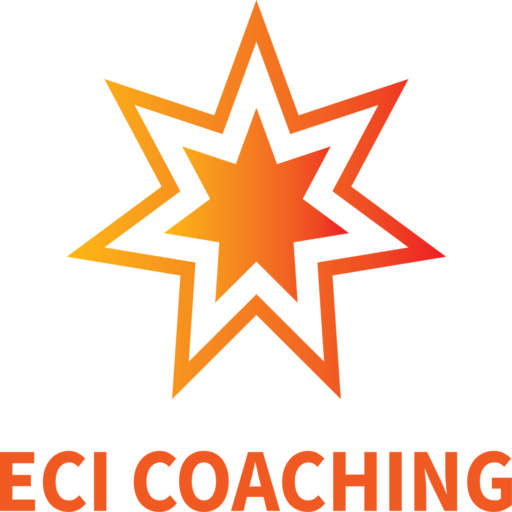How to Measure Coaching Effectiveness in the Workplace

Investing in leadership coaching is a strategic move for any organization seeking to enhance its performance and cultivate a thriving culture. But how can you ensure your coaching programs are truly making a difference? This blog will guide you on how to measure coaching effectiveness and demonstrate the value of those initiatives.

Recently, we had the privilege of speaking at an HR event on “Shaping the Future of Work: HR’s Role in Creating Coaching-Driven Organizations.” This talk highlighted the growing shift in workplace culture as organizations increasingly embrace coaching to empower their teams and drive sustainable growth. As workplace culture evolves, understanding how to evaluate and maximize the impact of coaching initiatives is more important than ever.
1. Improved Leadership Skills
One of the primary goals of coaching is to enhance leadership skills. Look for improvements in communication, decision-making, and problem-solving abilities among your coached managers. These enhanced skills often translate to increased confidence, greater influence, and a more positive leadership presence.
To measure these improvements, consider using tools like 360-degree feedback, performance reviews, and self-assessments. These methods provide valuable insights into how the coaching has impacted the leader’s behavior, skills, and overall effectiveness.
2. Enhanced Team Dynamics
Effective coaching often leads to improved team dynamics. So look for increased collaboration, reduced conflict, and a greater sense of cohesion among team members. Observe team interactions during meetings and projects, noting positive changes in communication, collaboration, and problem-solving.
Additionally, consider gathering feedback from team members about their perceptions of the leader’s impact on team dynamics. This qualitative data can provide valuable insights into the effectiveness of the coaching program in fostering a positive and productive team environment.
3. Increased Employee Engagement and Retention
Leadership coaching can significantly impact employee engagement and retention. After all, engaged employees are more productive, motivated, and committed to their work, while disengaged employees are more likely to leave, leading to increased turnover costs and disruptions. So, how do you evaluate coaching effectiveness when it comes to these crucial factors?
Track changes in employee engagement and retention rates through regular surveys, pulse checks, and exit interviews. Look for positive trends in employee satisfaction, commitment, and intention to stay with the organization. These metrics can provide valuable indicators of the coaching’s impact on the overall employee experience.
4. Achievement of Organizational Goals
Ultimately, the effectiveness of coaching should be measured by its contribution to achieving organizational goals. Ensure that the coaching aligns with your strategic business objectives and that the coached leaders are actively working towards those objectives.
Set specific, measurable goals related to leadership activities that support your overall business goals. Regularly monitor progress towards these goals, noting any improvements or challenges. This data can help you assess the coaching’s impact on organizational performance and identify areas for further development.
5. Return on Investment (ROI)
While qualitative feedback and performance metrics are essential, it’s also important to consider the financial return on investment (ROI) of your coaching programs. Calculating ROI involves assessing the financial benefits of the coaching, such as increased productivity, reduced turnover costs, and the achievement of business goals, and comparing them to the cost of the coaching program.
Even though calculating the exact ROI of coaching can be complex, it’s crucial to have a clear understanding of the financial implications of your investment. This can help you justify the cost of coaching and demonstrate its value to key stakeholders.
Measuring Success, Maximizing Impact

Measuring the effectiveness of your coaching programs is essential for ensuring they deliver tangible results and contribute to your organization’s success. By monitoring key indicators such as improved leadership skills, enhanced team dynamics, increased employee engagement, and achievement of organizational goals, you can gain valuable insights into the impact of your coaching initiatives.
If you’re seeking to enhance your leadership development efforts and measure the effectiveness of your coaching programs, ECI Coaching can help. Our SkillsFuture coaching course and range of corporate coaching programs are designed to empower your leaders and drive organizational success. Contact us today to learn more about how we can help you achieve your leadership development goals.

